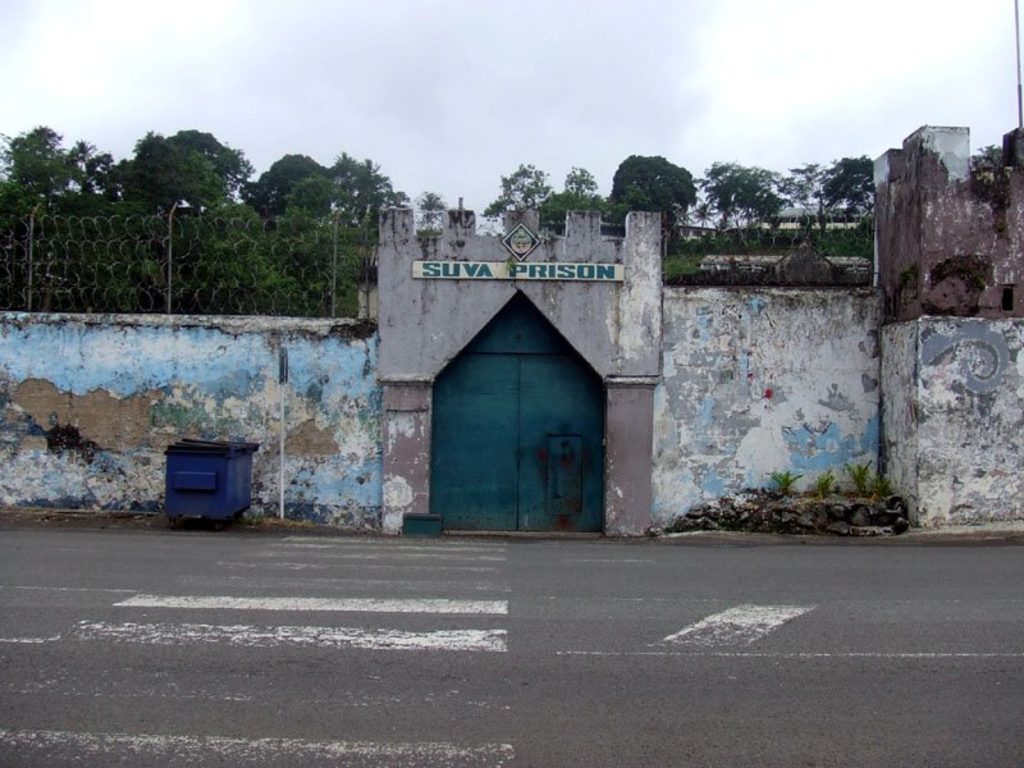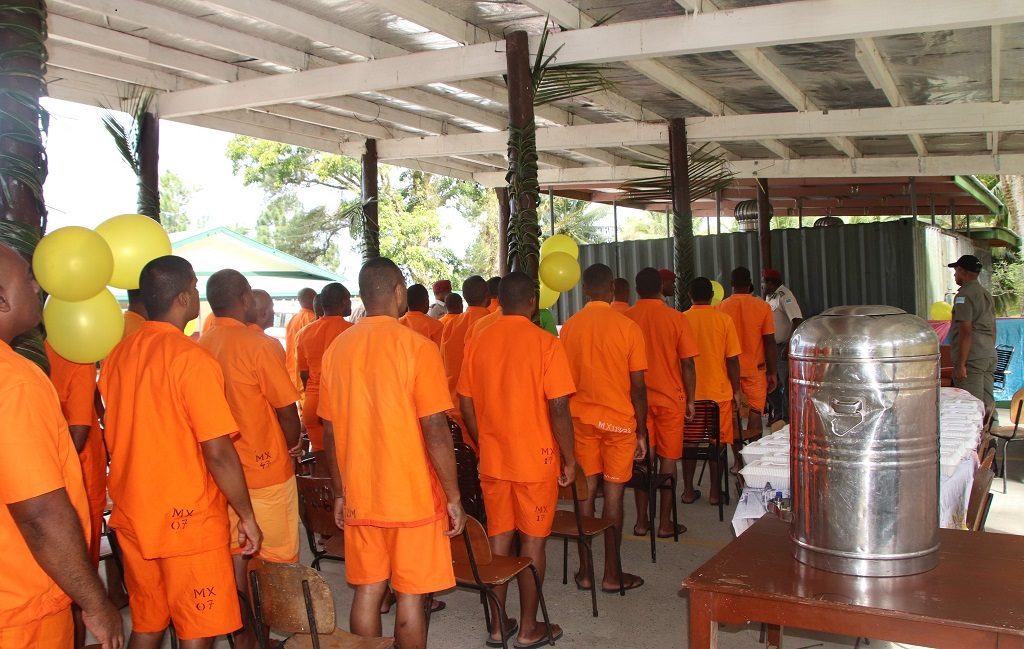“Why are our i Taukei filling our jails?”
It’s a question that cuts deep and one we often whisper but seldom dare to confront aloud.
Why are so many of our Indigenous Fijians filling our jails? Why are they more prone to violence, anger and behaviour that breaks the law rather than work to build their lives?
This is a deeply sensitive subject and requires careful examination and analysis.
The truth is painful, not because it points to failure. Rather, because it points to loss. A loss of connection, of purpose, of balance between the world we once knew and the one we now live in.
A legacy that lingers
When the British colonised Fiji in 1874, they didn’t just claim the land. They reshaped our way of life. While our chiefs retained the Vanua and the communal systems that kept us united, our Itaukei people were largely left out of the new money economy.
My ancestors who were brought as indentured labourers became traders and farmers in a world that demanded business skills and cash flow. They were forced into learning the skills they knew nothing about to survive and to grow. Mainly because they had no choice and no one else to rely on. It was sink or swim for them.
By the time independence arrived, our iTaukei people were rich in culture and faith but poor in economic power. That imbalance of education, opportunity and exposure to the opportunities of capitalism created a quiet divide that still echoes today.
From the village to the city
In the village, every young man and woman grew up knowing who they were. They had structure. They had the Vanua, the Lotu and the elders to guide them. But when they moved to the city chasing work or excitement, that structure and stability was pulled like a rug from under them.
They became vulnerable to the vagaries of survival in city life.
Alone, unemployed and under pressure, many young iTaukei men and women have found themselves struggling to belong in what can sometimes appear as a complex world. And in the absence of belonging, frustration grows. That frustration, when mixed with alcohol, poverty, or peer pressure, too often leads to violence, crime and prostitution.
The heart of the problem
The answer isn’t in blaming culture. Perhaps it’s in recognising what’s breaking our connection to it.
When family values weaken, when church influence fades and when young men and women lose strong role models, anger finds an outlet. Not through talking or prayer, but through fists, knives and rage.
Many of these young people are not bad people. They’re hurt people, lost people, and often unhealed people carrying burdens from their childhood that remain unresolved.
Our prisons tell a story
Walk through our prisons, and you’ll find many inmates who share the same background: limited schooling, broken homes, joblessness and addiction.
Most have never had proper counselling, guidance and healing. The system can sometimes punish more than it can heal. Yet the Yellow Ribbon Project has had amazing success and should be celebrated and applauded.
We need prisons that don’t just confine but reconnect.
Places where men and women rediscover the values of respect, humility and service. Where faith, culture and purpose become part of their rehabilitation, not an afterthought.
Healing the wound, not the symptom
The way forward begins with compassion, not condemnation. We must invest in education, mentorship, and mental-health programmes that reach deep into our communities. Chiefs, pastors and parents must come together to rebuild the bridge between tradition and modern life.
As a people, we need to talk less about crime and more about healing because when we heal the hurt, we restore the heart and the confidence required to journey forward on a new pathway to recovery and building strength through new life skills.
“A tree without roots cannot stand strong. Many of our young people have lost sight of their roots but they can be nurtured again, if we choose to heal rather than judge.”
Our prisons do not define us. Our response to them does. And perhaps, if we listen deeply and act with courage, the next generation of iTaukei sons and daughters will grow not behind bars but beyond them into the proud and purposeful young souls that they were always destined to be.
n COLIN DEOKI lives in Melbourne, Australia and is a regular contributor to this newspaper. The views expressed in this article are his and not necessarily of this newspaper.
The Suva Corrections Centre in Korovou. Picture: FIJI MUSEUM



